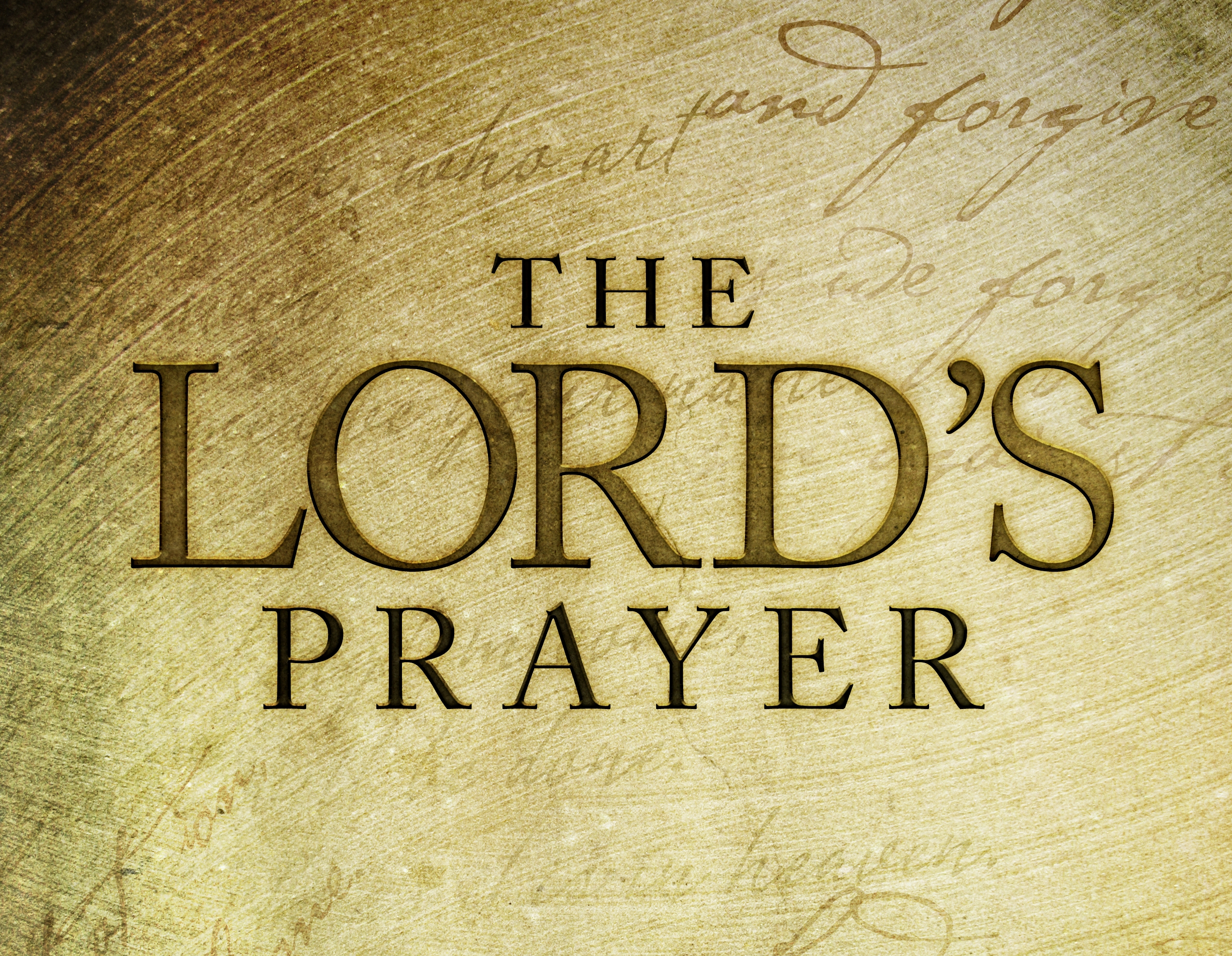Weekly Spellings – alternative spelling patterns for words with a l sound
Below are the spellings for this week’s Spelling Test in Class 2. The theme for this week’s spellings is – alternative spellings for words with the l sound.
Alternative spellings for words with the l sound
1. table
2. apple
3. little
4. camel
5. tunnel
6. middle
7. metal
8. pedal
9. pupil
10. fossil
Extension Challenge – further examples
1. bottle
2. bubble
3. towel
4. travel
5. animal
6. capital
Additional writing challenge – write these words in a command (commands are instructions)
Sit nicely at the dinner table.
Don’t touch stray animals.
Arithmetic – units of measure used in the world around us
Below is an outline of how to build understanding of units of measure
1. Look for liquids in bottles (they might be around your home or in the local supermarket). What unit of measure do they have? What letters are used after the number to show you how much liquid is in the bottle? What do these letters mean?
2. Look for things in tins, boxes and jars (they might be around your home or in the local supermarket). What unit of measure do they have? What letters are used after the number to show you how heavy they are? What do these letters mean?
3. Use a ruler to measure things around your home. What letters are used after the number to show you how long objects are? What do these letters mean?
Extension Challenge
Comparing measures using the greater than sign > and the lesser than sign <
4. Compare two things with the same unit of measure, e.g. the tin of tomatoes (400g) < the box of cornflakes (750g)
5. Find two things with an equal weight or capacity, e.g. the carton of milk (500ml) = the bottle of orange juice (500ml)
The tests will be on Friday 12th February.






